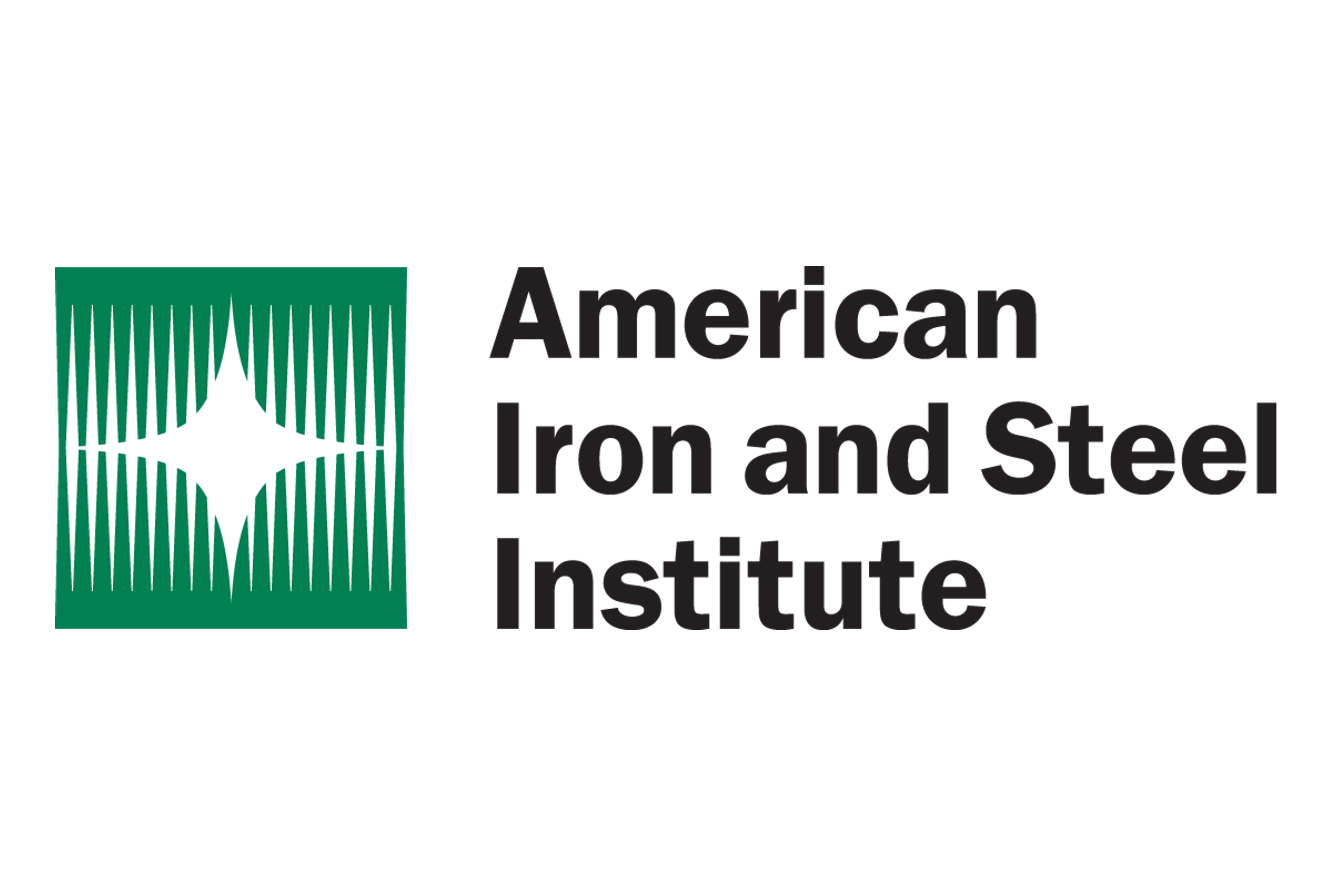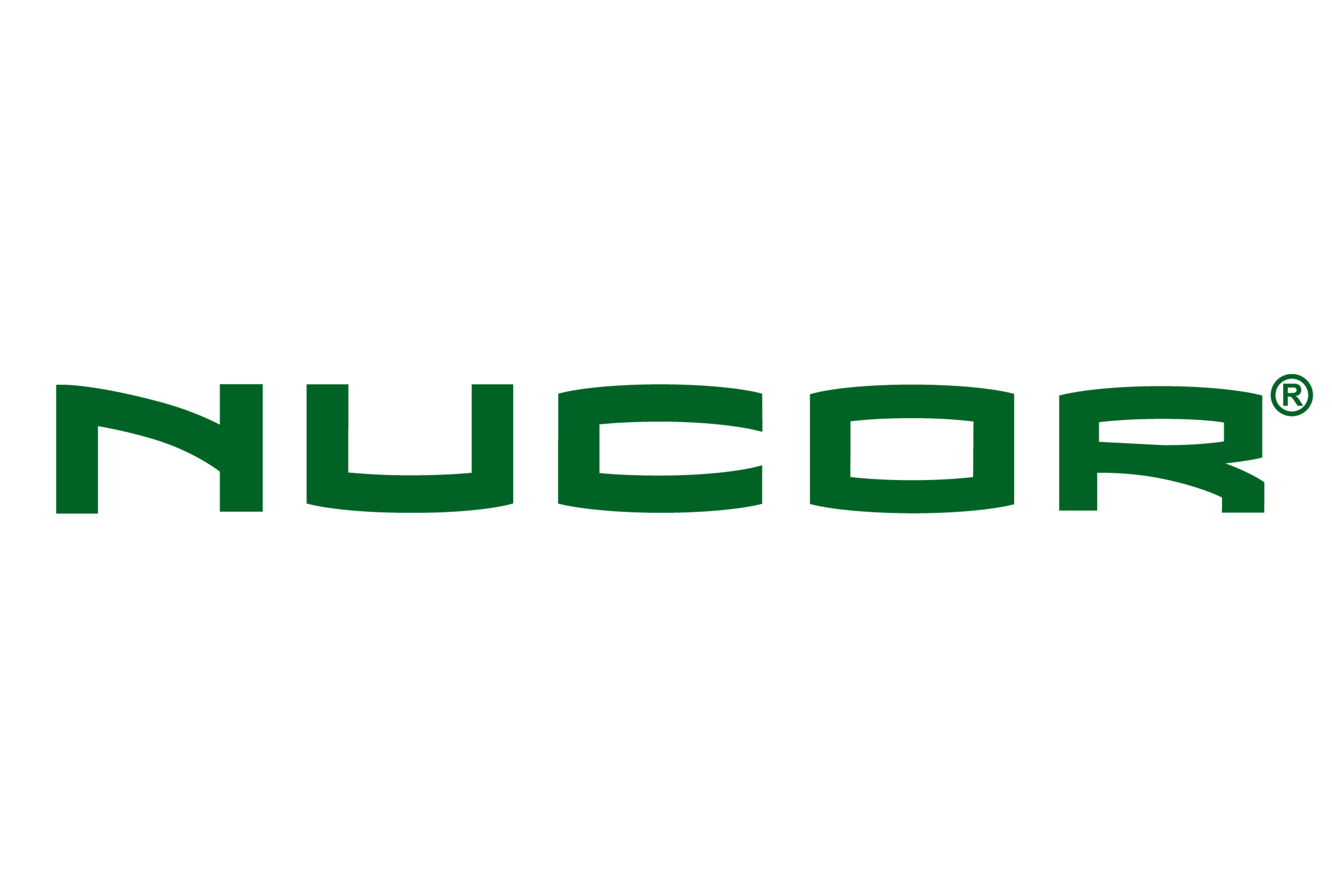Analysis

August 12, 2021
Chip Shortage Update: Nissan Plans Two-Week Outage in Tennessee
Written by David Schollaert
Nissan Motor Co. will halt all production lines at its Smyrna, Tenn., factory for two weeks starting Monday due to semiconductor shortages brought on by a COVID-19 outbreak in Malaysia, a company spokesperson told Steel Market Update. The global chip shortage is having a signficant impact on the consumption of steel by the automotive industry.
![]()
Production at Nissan’s six-million-square-foot Tennessee facility is expected to resume the week of Aug. 30. The shutdown is among the longest at any U.S. auto plant since the onset of the chip shortage that began late last year.
“We continue to work closely with our supplier partners to assess the impact of supply chain issues and minimize disruption for vehicle deliveries to our dealers and customers,” the spokesperson added.
The two-week suspension at the Japanese automaker’s highest-volume vehicle assembly plant in North America will affect production of six Nissan models, including the Rogue, the company’s top-selling U.S. vehicle. Nissan’s other plants in Decherd, Tenn., Canton, Miss., and Mexico will remain in operation, the company said.
This week’s chip-related disruptions weren’t limited to Nissan.
Toyota Motor Corp. will also be experiencing some non-production time throughout the month of August, a company spokesperson confirmed to SMU. Its assembly plant in Georgetown, Ky., the automaker’s largest vehicle manufacturing plant in North America, and its Canadian production lines in Cambridge and Woodstock, Ontario, will all be impacted.
“Due to COVID-19 and unexpected events, Toyota is experiencing additional supply shortages that will affect production at some of our North American plants,” the carmaker said. “While the situation remains fluid and complex, our manufacturing and supply chain teams have worked diligently to develop countermeasures to minimize the impact on production.”
The Japanese car manufacturer said that the duration and totality of the current disruptions are not clear, but assembly will be impacted with some non-production days in the coming weeks.
“It’s really a fluid situation and changes daily,” a Toyota spokesperson said. “Some lines will be down for several days, at this point, but not the entire plant.”
The Honda Motor Co. continues to manage supply chain issues related to several factors including the impact from COVID-19, congestion at various ports and the microchip shortage, the company said.
Some of the automaker’s North American operations were adjusted this week, and production lines were impacted due to parts supply limitations, a spokesperson said. The company declined to provide any plant or model-specific information, but is scheduled to issue an update on the situation at 9 a.m. EST on Monday.
Both Daimler and Stellantis said they are running production at all of their North American facilitates this week.
By David Schollaert, David@SteelMarketUpdate.com







